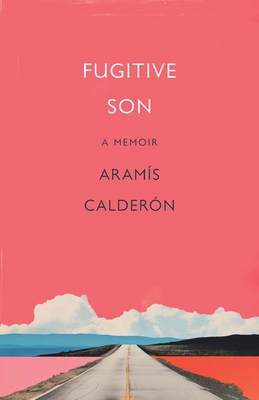
description
hen federal marshals conducted a nighttime raid at the Baton Rouge apartment where he lived with his mother and four siblings. They were searching for Aramís's father, who had escaped from a nearby federal prison. Once satisfied with the answers from Aramís's mother, the marshals departed. At daybreak, so did Aramís's family--and drove toward a rendezvous with his father, who had fled to South Florida. Thus began an eight-month ordeal of constant moves, family aliases, and drug deals. As Calderón shares, Fugitive Son is not a love letter to his father, whom he sees even after his death as an unethical, toxic, and incredibly complex man. Rather, Calderón's memoir explores how his father's undeniable love for his family despite drug addiction, lawlessness, and toxic masculinity informed Aramís's rebellious decision to join the Marines, and how all this shaped his determination to become the father he wished his own had been.
member goods
No member items were found under this heading.
listens & views

VOL. 1-CHANTS DE MARINS-ANTHOLOGIE (FRA)
by CHANTS DE MARINS-ANTHOLOGIE
COMPACT DISCout of stock
$27.99
Return Policy
All sales are final
Shipping
No special shipping considerations available.
Shipping fees determined at checkout.






